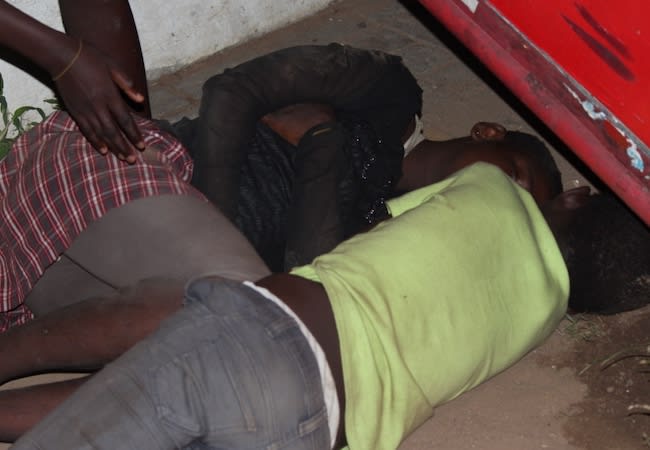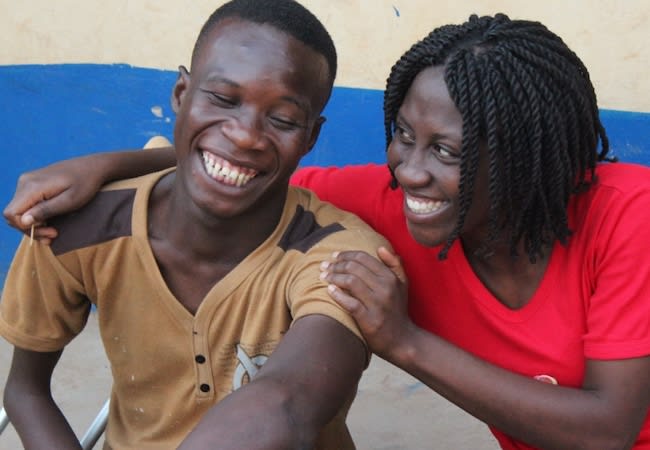Eleven young girls and boys join our Skills and Youth Development Program
Since February, five young girls and six boys have joined our Skills and Youth Development pathway, stepping into a safe haven filled with hope.
Our mission is to mentor African youth to build hope, character, and assets to break the cycle of extreme poverty in Africa.
Driving through Accra, it’s hard not to notice the growing number of young people wiping windshields at the Okponglo, directing traffic at the Boundary road-Adjiringanor road intersection, and begging for money at Opeibea. The situation is similar in Kasoa, Takoradi, Kumasi, and Tamale. At night, some of these children sleep in uncompleted buildings, under bridges, and on sidewalks in the open air.

From Durban to Alexandria, from Nairobi to Accra the problem of child homelessness is a growing concern in many major cities across the continent. There are 30 million children living in street situations in Africa, according to a 2011 ILO-UNICEF joint estimate. In Ghana, conservative estimates suggest that there are about 204,000 children living in street situations in Accra, up from an estimated 33,000 in 2011.
Most people are apprehensive when approached by children in street situations. Seeking their daily survival, these children may be desperate and sometimes aggressive, and their persistence in getting attention often generates fear and anxiety. Although children in street situations are not all innocent, the general public knows little about their lives, forming judgments based on assumptions. Many of these children endure daily violence, trafficking, and sexual exploitation in the streets. They experience significant trauma from physical abuse, rape, hit and runs, and brutality. In the worst cases, some meet untimely deaths with no justice.
Through the help of our partners and donors, FOA is able to be in the streets of Accra weekly, continuing to bring hope to children in street situations.
Children in street situations are often born into poverty and broken family systems. Most are primary school dropouts who seek refuge in the streets from negligence, physical, emotional, and sexual abuse at home. Once in the streets, the brutal realities they face force them to become hardened to avoid being taken advantage of. At the same time, they meet other children in the streets with similar experiences, and together they build strong familial bonds.
Children in street situations are vulnerable to extremely poor health with no access to basic healthcare. They often suffer from starvation, repeat exposure to malaria, bacterial infections, respiratory issues, HIV/AIDS, and other ailments. Life on the streets also has significant impacts on these children’s mental health, and many become addicted to opioids such as tramadol, marijuana, or sex as coping mechanisms for undiagnosed anxiety, depression, or PTSD, as well as chronic loneliness and neglect.
As Ghana faces rising poverty and unemployment rates, children in street situations represent one of the country’s most urgent humanitarian crises. If ignored, these young people may grow up to become desperate and disenfranchised adults with nothing more to lose. This is not a recipe for safety, peace, and development.

Every moment a child is off the streets and in the classroom is another moment for the Future of Africa.
Since February, five young girls and six boys have joined our Skills and Youth Development pathway, stepping into a safe haven filled with hope.
Mary Sinaida is replicating Future of Africa’s street outreach program in Kenya, providing critical support to street-connected youth, offering immediate relief, friendship and renewed hope.
Esther's New Year’s resolution was to make a difference in her community and after researching FOA, she knew she’d found the perfect place to give back.